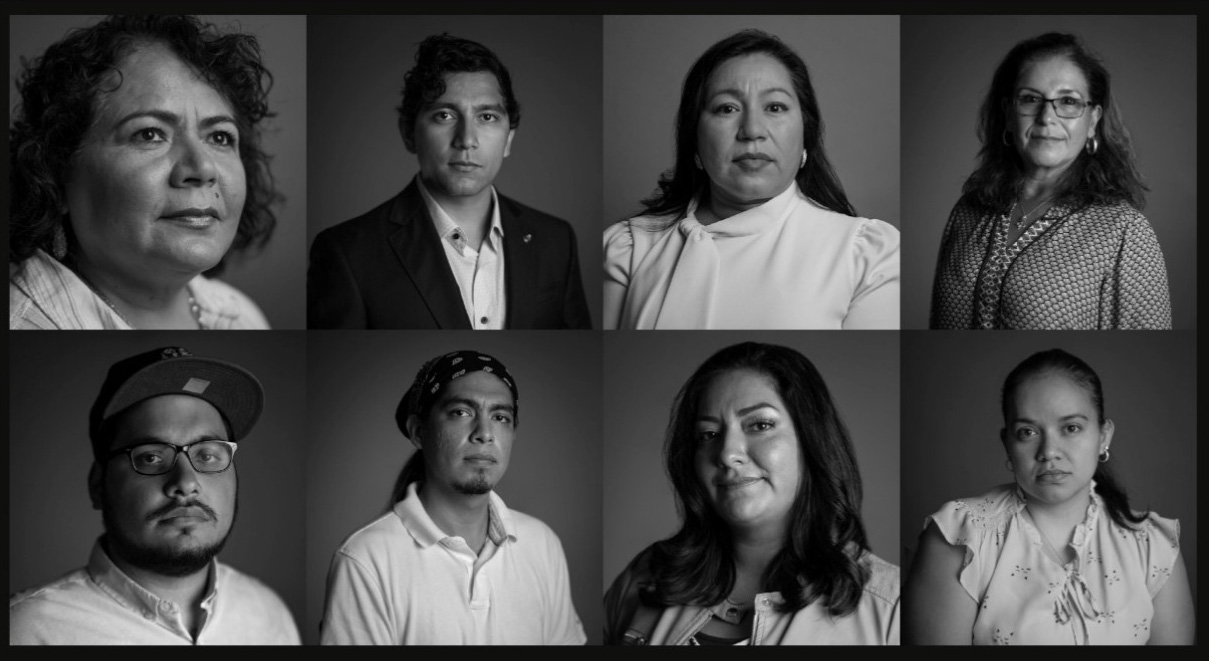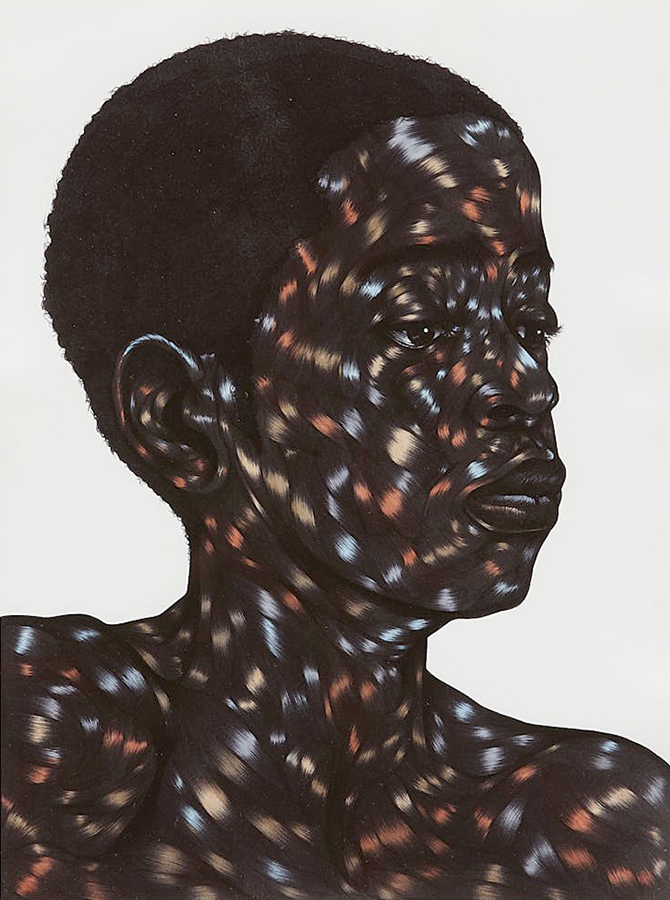A.J. Jacobs is an unlikely household name in American evangelical circles. It would be odd to include a secular Jew alongside such luminaries as Donald Miller and Tim Keller, but recently Jacobs has become something of a folk hero. He first gained attention among Christians with his 2007 book, “The Year of Living Biblically: One Man's Humble Quest to Follow the Bible as Literally as Possible,” a travelogue of his 12-month herculean effort to live in strict conformity with the myriad rules and injunctions found in the Old and New Testaments. (It wouldn’t be entirely inaccurate to call Jacobs a glutton for punishment: he once conducted an experiment in “radical honesty” in which he discarded his brain-to-mouth filter for a couple weeks).
The title’s success has spawned other similarly premised books, including a rabbi’s tour of the Bible Belt and an evangelical pastor Ed Dobson’s literalist take on the evangelical mantra, “What Would Jesus Do?” But from this burgeoning genre of evangelical ethnography, one effort stands out in particular. A recent post by Al Hsu compelled me to snag Kevin Roose’s book, “The Unlikely Disciple: A Sinner's Semester at America's Holiest University.”
Roose is a nominally religious, smart-as-a-whip Brown University undergrad (and former research assistant to Jacobs) who dared to traverse America’s “God Divide” by spending a semester of his sophomore year as a transfer student at Liberty University. For a student at a bastion of secular liberalism such as Brown, it’s not a stretch to imagine that three months on Jerry Falwell’s turf would mean a forty-year sojourn in the desert.
Though the intentions of an undercover journalist at Liberty invite suspicion -- lampooning fundamentalists has become the journalistic equivalent of dunking on Shawn Bradley -- I found myself impressed by how gamely Roose throws himself into student life in Lynchburg. To enter into the Liberty experience as fully as possible he takes a typical course load, replete with classes on creationism and theology, genuinely befriends religiously zealous students, and engages in regular prayer and worship. In one cringingly uproarious episode, he spends his spring break on a mission trip sharing his borrowed Jesus-centered piety with hedonist partygoers at Daytona Beach.
If we’ve learned anything from intrepid ethnographers such as Dennis Covington (read the gripping account of his time spent among Appalachian snake-handlers, “Salvation on Sand Mountain”), it’s that you can’t immerse yourself in religious communities and expect to emerge from your experience unscathed. So it happens that Roose finds himself grappling with bouts of evangelical guilt and even getting caught up in rapturous praise during a church service once or twice -- or at least the outward expression of it.
Hsu applauds Roose’s courage to temporarily break with his own largely irreligious context to engage others perspectives diametrically opposed to his own. Unlike Jacobs’ individualistic quest, he notes, Roose chooses to belong to a community, which brings him closer to the precipice of change than he ever anticipated. It’s a poignant reminder that conversion cannot be reduced to a solitary exercise in navel-gazing. Deeper transformations occur in the shared life and disciplines of a worshipping community, and Roose may have tapped into that, however briefly.
Community doesn’t get you all the way there, of course. It’s eminently clear by the end of his journey that what Roose experienced is something short of conversion (on a scale of 1-10, Hsu describes it as a “subtle shift from a maybe a 3 to a 5 or 6”). He balks at the wholesale acceptance of Christian doctrines such as the resurrection. The paradox of his classmates’ mixture of genuine piety with virulent homophobia proves insurmountable. Paul Griffiths observes that the “shiver of sublimity” -- whether from a painting or an adrenaline-fueled worship service -- is not a properly Christian affection. Roose also tends towards William James’ theory of religious experience, which locates the value of religion in its ability to make meaning for believers. He is consoled by the thought that prayer, if not efficacious, is at least therapeutic. This is a far cry from Karl Barth, who called prayer an “uprising against the disorder of the world.”
The sensational tidbits about the inner workings of Liberty aside, Jacobs’ and Roose’s tales of theological brinksmanship fascinate because of the latent echoes of the drama of our salvation. It is possible to move unbelief to belief, to transfer membership from one tribe to another. And in a church in which it sometimes seems that fewer disciples are being made, theological camps are bitterly entrenched, that nothing is really changing – all of us still love a good conversion story. However incomplete.





